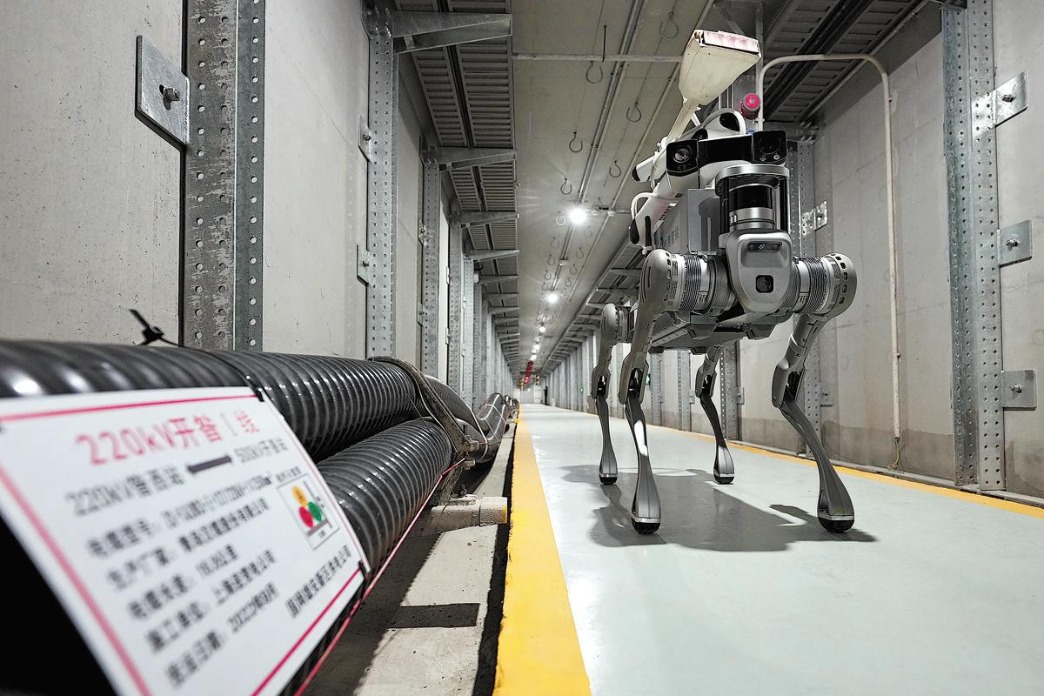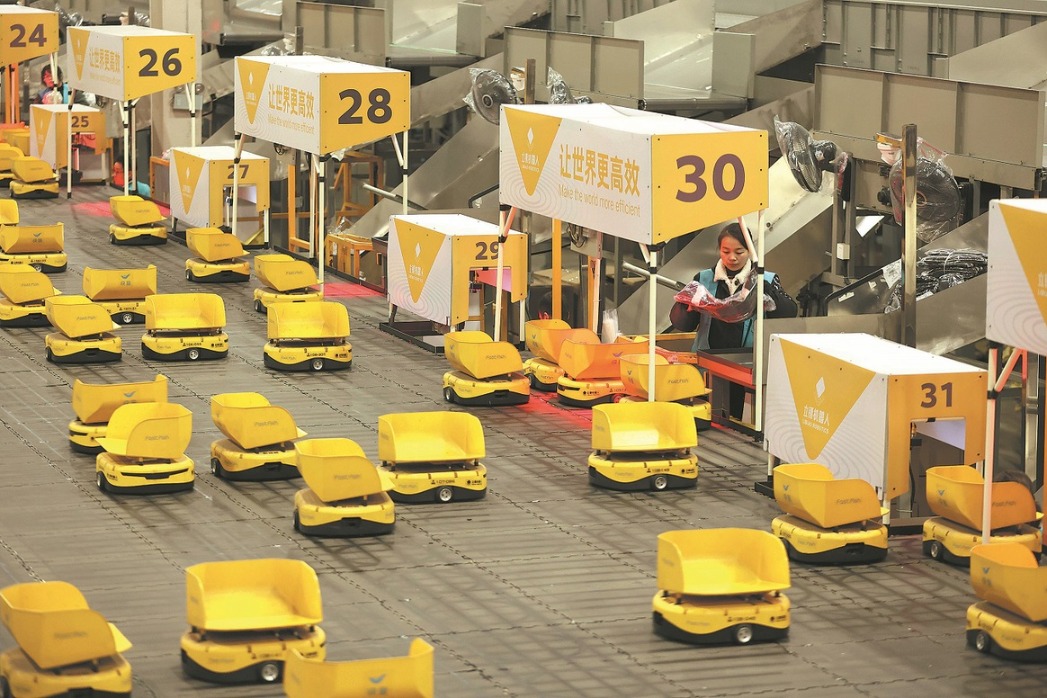Fatal car crash in Anhui raises public concern over use of smart driving
By ZHAO YIMENG | China Daily | Updated: 2025-04-03 08:57
A fatal car accident involving a Xiaomi SU7 electric car on a highway in Anhui province on Saturday night has sparked widespread discussion about the safety of the vehicle's autonomous driving system and fire risks.
The crash occurred on a section of the Dezhou-Shangrao Expressway, where a standard edition Xiaomi SU7 reportedly collided with a concrete barrier in a roadworks zone before catching fire, resulting in the death of all three people in the vehicle.
Lei Jun, founder of Xiaomi, expressed deep condolences to the victims' families on social media on Tuesday night, promising that the company would fully cooperate with the authorities in the investigation of the accident.
"Many questions cannot be answered right now because the company has not yet had access to the vehicle involved," Lei said. "I must step forward and make a commitment on behalf of Xiaomi. No matter what happens, Xiaomi will not evade responsibility," he added.
Earlier on Tuesday, the company issued an official statement via its spokesperson's account on Sina Weibo, responding to online speculation regarding the vehicle's autopilot capabilities, battery fire and door-locking systems.
According to data released by Xiaomi, the vehicle was traveling at 116 kilometers per hour using its Navigate on Autopilot function before detecting an obstacle ahead. The system then issued a prompt for the driver to take control and avoid the obstruction.
"The driver reacted within one second, adjusting the steering and braking, but the car collided with a concrete guardrail the next second. The final recorded speed before the crash was 97 km/h," the statement said.
Emergency rescue measures were immediately activated, including contacting emergency services and calling for medical assistance. On Monday, the company submitted vehicle operation data to the police for investigation, the company stated.
The owner of the vehicle told Shanghai-based news portal ThePaper.cn on Monday that one of the victims was his girlfriend, surnamed Luo. His vehicle, a standard edition Xiaomi SU7, was delivered in Wuhan, Hubei province, and was mainly used by Luo.
The three female passengers, who were former classmates, were near their destination when the crash occurred. He last spoke with Luo at around 10 pm on the night of the accident, he said.
Luo's mother said her daughter was using the vehicle's intelligent driving system at the time, noting the difficulty of manually taking over the car in such an emergency within two seconds.
She recalled receiving a notification on her phone at 10:45 pm, informing her that the vehicle, which was linked to her mobile account, had been involved in a major crash. The family immediately drove to the scene in Anhui, arriving at around 2:40 am the next day.
After Lei released the statement, Luo's father urged the company to provide more transparency.
"Lives have been lost," he said. "We need a more detailed explanation."
The families called for a full investigation into potential safety risks associated with the Xiaomi SU7, emphasizing the need for lessons to be learned to prevent future tragedies.
The fatal crash has raised alarms about the risks of smart driving. As 2025 is regarded as the first year of nationwide smart driving, advanced driver-assistance capabilities have become a key factor for Chinese automakers to stay competitive.
While the industry sees rapid development, safety concerns are rising. A survey conducted by news portal Guancha.cn revealed that only 25 percent of consumers had received adequate training on smart driving, while 41 percent said they had never undergone related training.
Meanwhile, consumer interest in advanced smart driving remains strong. The survey found that 83 percent of respondents said higher-level autonomous features would influence their decisions to buy a car, according to Economic Observer.
According to automobile consultancy Dongchedi, as of Friday, more than 130,000 Xiaomi SU7s had been sold since the vehicle launched in March last year.
























